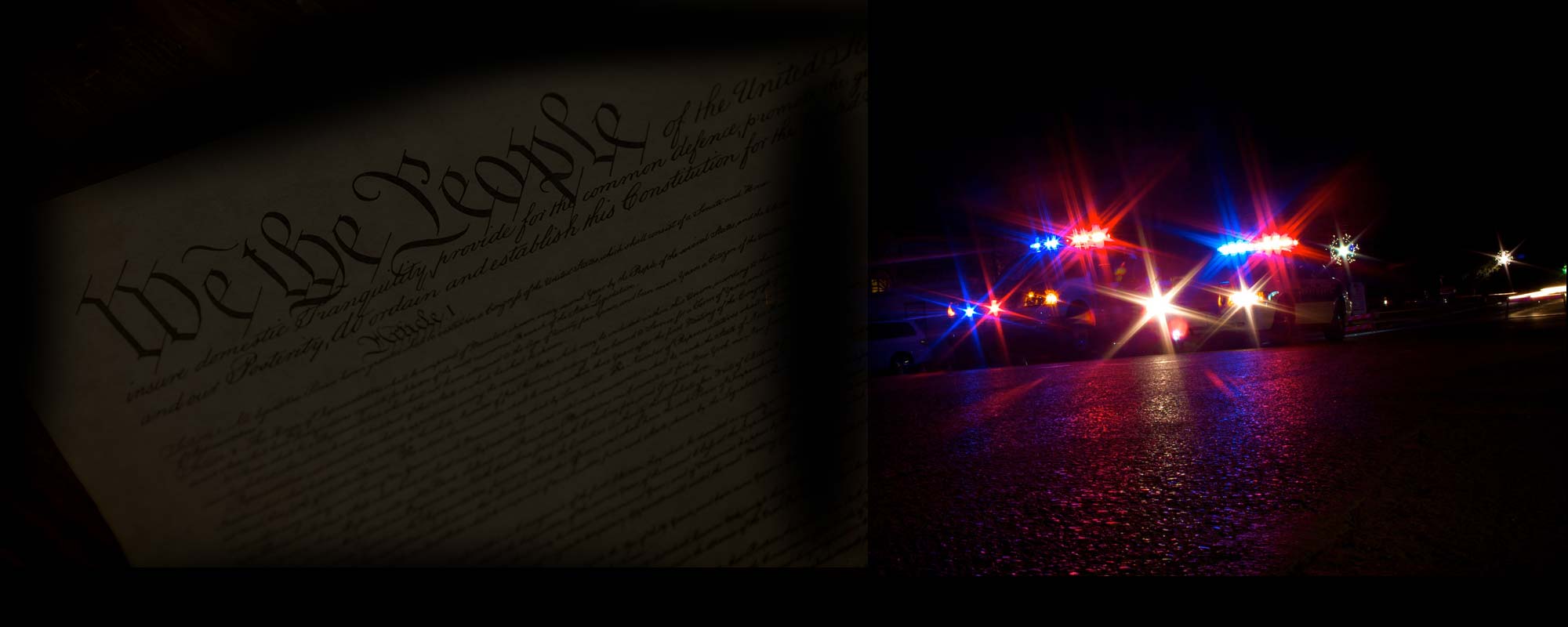On August 28, 2016 there appeared an eye-opening column in the Washington Post by Washington DC attorney, Jeffrey D. Stein, regarding the Metropolitan (DC) Police Department, and on September 2, 2016, the NY Daily News reported the same phenomenon going on with the New York City Police Department — keeping police misconduct a secret.
Both columns disclose an ugly facet of policing common to both departments and one that is apparently common to most, if not all, large city police departments, and probably one that exists to some degree in all police departments. Since the publication in mid-August 2016 of the report of the U.S. Department of Justice on the cover-ups of police misconduct in the Baltimore Police Department, more and more public disclosure of this long suspected ugly side of government is occurring. These disclosures, about which there was, heretofore, mostly whispering or angry outbursts of hostility from those who were victimized most by police misconduct, our minority neighborhoods, are now vindicating these communities’ complaints.
Mr. Stein correctly, it now appears, labeled what the police do a nationwide epidemic, consisting of keeping police misconduct secret which “. . . shields officers’ misbehavior from public scrutiny and enables unscrupulous officers to continue operating without accountability to the communities they serve”. Citing New York radio station WNYC, it appears that in 23 states, police misconduct is effectively kept confidential, in 15 additional states such information is somewhat less confidential where the conduct and disciplinary action is extreme, leaving 12 states, where such information is generally available. Where legislation is introduced to gain more transparency for the public, the law enforcement lobby fiercely opposes such policy changes. The lobby would be better described as the “law evasion” lobby.
Why are criminals who wear the badge protected this way? Is it fair that non-police offenders’ names and conduct are made public and offending cops are not? When equals are not treated equally as the constitution requires, injustice is the end product and it’s not difficult to recognize. Misbehaving police officers are not above the law and do not deserve the corrupt protection that secrecy allows. They should be prosecuted the same as anyone else breaking the law; publicly accounting for their crimes. Mr. Stein concludes:
“When police misconduct is properly monitored and made public, rather than guarded by opaque administrative bodies . . . policing practices change for the better, communities become safer. And, as civilians we become able to trust those enforcing the laws to protect us rather than worrying about whether we need protection from them.”
I would only add that in addition to proper monitoring and publicizing of police misconduct, when it is, and it often is, criminal, it should be prosecuted. It wasn’t in Ferguson, Missouri, and a host of other places captured on video. We should insist that juries and judges decide in public trials, whether the conduct of offending officers, is criminal or not, as is done for everyone else, as the Constitution and due process requires.
Equally effective in disclosing misbehaving police officers, as advocated in “A Toast to Silence“, is universal use of the video recording of all public encounters between the police and the policed. This should be the first item on any legislative agenda calling for law enforcement reform.
Well done, Mr. Stein.






